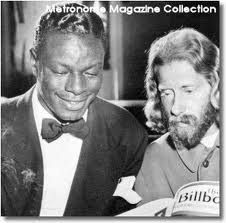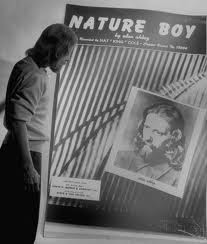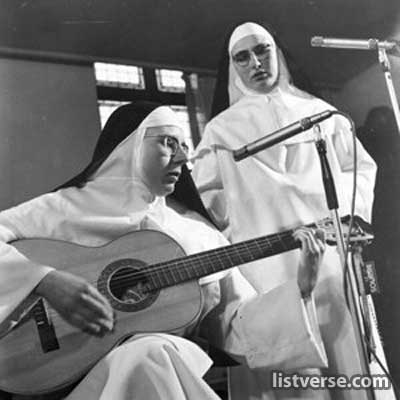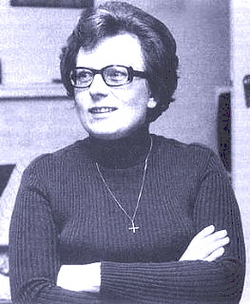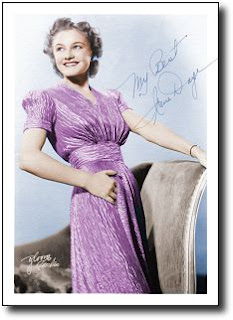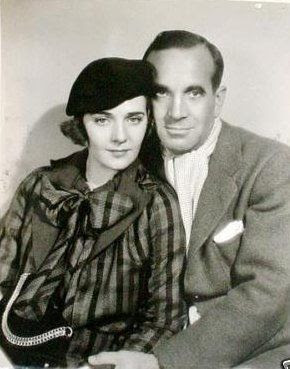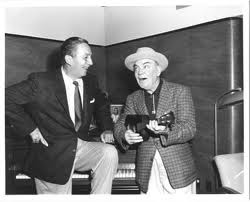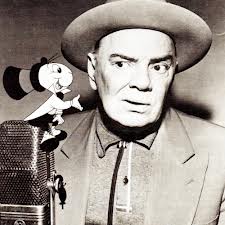Living a bucolic life from at least the 1940s, he traveled in sandals and wore shoulder-length hair and beard, and white robes. He camped out below the first L in the Hollywood Sign above Los Angeles and studied Oriental mysticism. He slept outdoors with his family and ate vegetables, fruits, and nuts. He claimed to live on three dollars per week.
Though born in Brooklyn, New York to a Jewish father and a Scottish-English mother, he was adopted in 1917 by a family in Chanute, Kansas and raised under the name George McGrew. During the 1930s, McGrew lived in Kansas City, where he performed as a pianist and dance band leader. He probably also lived in New York City for some time, although little is known of that period of his life.
In 1941, he arrived in Los Angeles and began playing piano in the Eutropheon, a small health food store and raw food restaurant on Laurel Canyon Boulevard. During this period, he adopted the name "eden ahbez," choosing to spell his name with lower-case letters, claiming that only the words God and Infinity were worthy of capitalization. He is also said to have desired the A and Z (alpha and omega), the beginning and the end, in his surname. During this period, he married Anna Jacobsen and had a son. Sadly Anna died of leukemia in 1963, and his son drowned mysteriously at the age of 22 in 1971.
In 1947, at the prompting of Johnny Mercer, Ahbez approached Nat "King" Cole's manager backstage at the Lincoln Theatre in Los Angeles and handed him the music for his song, "Nature Boy." Cole began playing the song for live audiences to much acclaim, but needed to track down its author before releasing his recording of it. Ahbez was discovered living under the Hollywood Sign and became the focus of a media frenzy when Cole's version of "Nature Boy" shot to #1 on the Billboard charts and remained there for eight consecutive weeks during the summer of 1948. Ahbez was covered simultaneously in Life, Time, and Newsweek magazines. Frank Sinatra and Sarah Vaughan later released versions of the song. The melody was also featured in the background of the film The Boy With The Green Hair (1949) which starred Pat O' Brien and Dean Stockwell.
Ahbez continued to supply Cole with songs, including "Land of Love (Come My Love and Live with Me)", which was also covered by Doris Day and The Ink Spots. He also worked closely with jazz musician Herb Jeffries, and, in 1954, the pair collaborated on an album, The Singing Prophet, which included the only recording of Ahbez's four-part "Nature Boy Suite." The album was later reissued as Echoes of Eternity on Jeffries' United National label. In the mid 1950s, he wrote songs for Eartha Kitt, Frankie Laine, and others, as well as writing some rock-and-roll novelty songs. In 1957, his song "Lonely Island" was recorded by Sam Cooke, becoming the second and final ahbez composition to hit the Top 40.
After his only solo record was released in 1960, he began to fade away from the music scene. After the death of his wife and son, Ahbez completely wtihdrew from the public. He hung out in the California desert near Indio and would wander into town for supplies and company, sharing his poems and philosophy. Ahbez kept writing new music and even kept a piano at a local music studio. From the late 1980s until his death, he worked closely with Joe Romersa, an engineer/drummer in Los Angeles. The master tapes, photos, and final works of eden ahbez are in Romersa's possession.
Sadly he died on March 4, 1995, of injuries sustained in a car accident, at the age of 86. Another album, Echoes from Nature Boy, was released posthumously. The music industry in the 1940s and 1950s did not know what to do with Eden Ahbez, but his song "Nature Boy" is as haunting and mysterious in 2012 as it was when it became a surprise hit in 1948. Sometimes the most beautiful music comes out of the strangest places...

